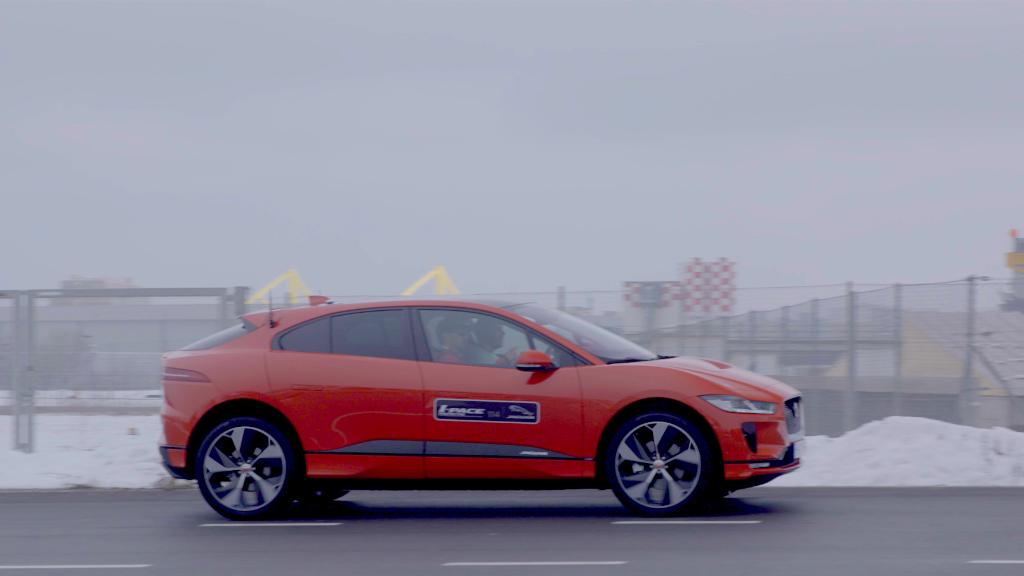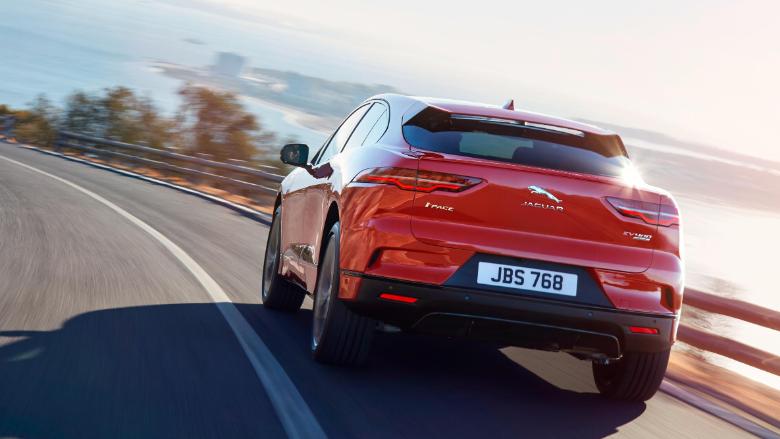
The UK risks missing out on the electric car revolution.
Analysts and top industry executives say that uncertainty over the UK's departure from the European Union has delayed crucial investments in electric vehicle technology and forced automakers to make alternative plans.
Jaguar Land Rover CEO Ralf Speth added fuel to those worries on Tuesday, saying he urgently needed clarity on Britain's future trading relationships before committing his company to making electric cars in its home market.
"We are waiting for these kinds of decisions," he told Reuters. "It goes without saying because uncertainty is really challenging us very much and not only us, it's for the complete industry."
"You hardly see inward investment any more or every decision is taking longer," he added.
Owned by India's Tata, Jaguar Land Rover is the biggest automaker in the UK. Last week it said it would build its new I-Pace electric vehicle in Austria, inside the EU's vast free trade area.
BMW (BMWYY), which makes the Mini, announced plans last year to build electric versions of the iconic British model at a factory in Oxford. But it said last month that a second production center would be established in China.
Related: Bentley reveals first plugin vehicle
Car manufacturers, which rely on complicated supply chains that crisscross national borders, are worried that Brexit will make it more expensive to do business in the UK because it will lead to new trade barriers. About 45% of the cars made in Britain are exported to the EU.

Prime Minister Theresa May has said relatively little about the issues that matter most to the auto industry.
"Whether car plants in the UK can export tariff free to the EU will have a big impact on whether foreign investment will continue to come to make new cars -- including electric ones -- in the UK," said David Bailey, a professor of industrial strategy at Aston University.
Any dent in investment in new technologies "would damage the industry's long term competitiveness," he added. "Some clarity on Brexit is needed soon."
Related: Bugatti reveals $3.4 million Chiron for the race track
Investment in the UK auto sector fell by 34% in 2017 to £1.1 billion ($1.5 billion), according to the Society of Motor Manufacturers and Traders. The industry supports over 800,000 jobs in Britain.
Industry analysts said it makes sense for companies such as Jaguar Land Rover to delay new investment until the government provides more certainty.
"It is an entirely logical position," said Tim Urquhart, an auto analyst at IHS Markit. "It's quite hard to see what else they could do in the circumstances."
Bailey said that Jaguar Land Rover has a new plant coming online in Slovakia that could be used to manufacture electric vehicles.
The risk is that the UK will miss out on a major shift in the industry.
China, which is the biggest market for electric vehicles, is making itself an inescapable destination for global automakers. They have been lining up recently to announce plans to make their electric cars in the country.
Tesla (TSLA) has said it's working on plans for building its cars in China. Volkswagen, (VLKAY) the world's biggest automaker, has a $12 billion plan to make electric cars in the country, and Nissan (NSANY) has just announced a major investment program too.
Experts say others will soon follow.
-- Daniel Shane contributed reporting.


